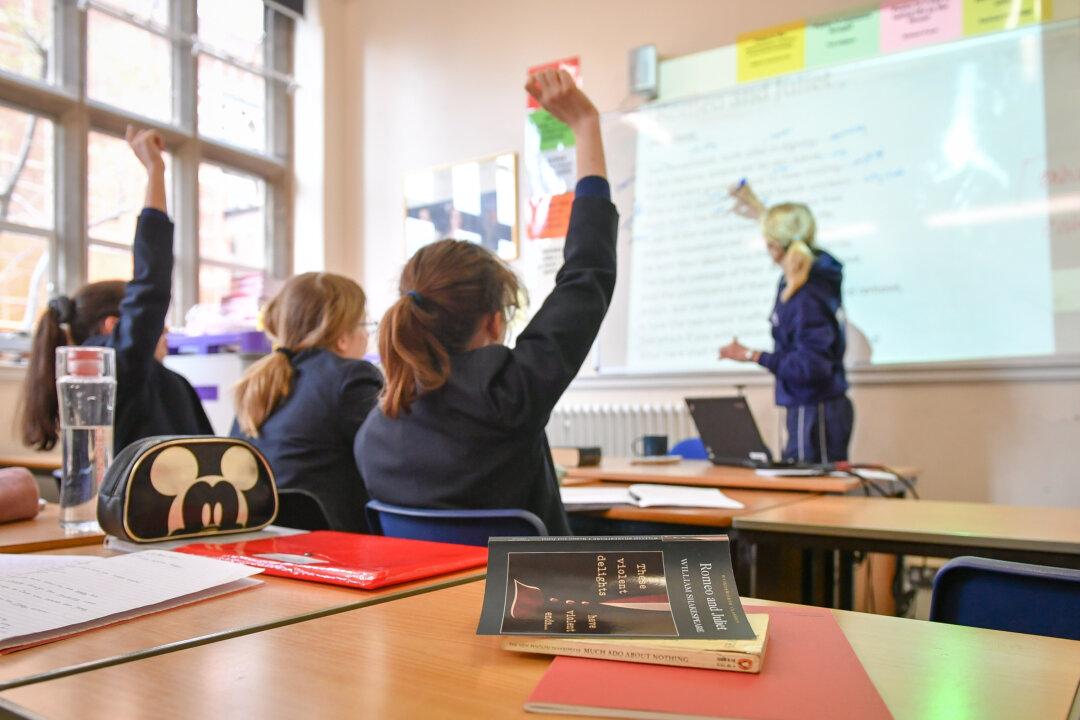Parents that have been fighting Wales’ compulsory sex education—which the government says will “gradually empower learners” from a young age in subjects such as equity, sex, gender, and sexuality—have been granted a judicial review.
Representing 5,000 parents and grandparents, child protection advocates Public Child Protection Wales has been granted its first step in a legal challenge to try and overturn Wales’ Labour-led administration’s compulsory Relationships and Sexuality Education (RSE) lessons.





